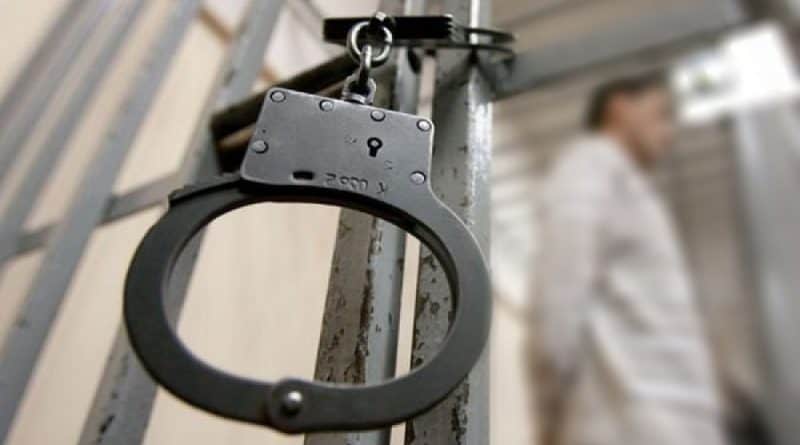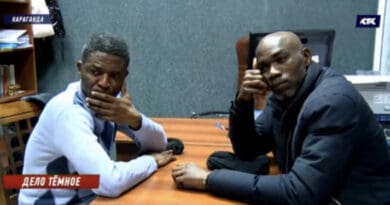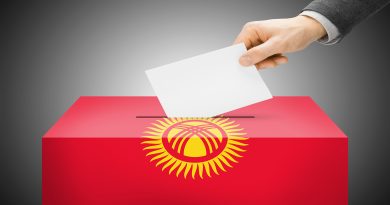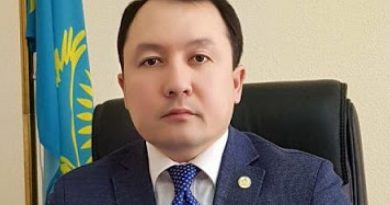Kazakhstan: human rights defenders demand an end to politically motivated persecution
In Almaty, a closed trial is underway in the case of thirteen civil activists accused of participating in the activities of the unregistered movements DCK (Democratic Choice of Kazakhstan) and Koshe Partyasy, which are recognized as extremist and banned by Kazakhstani courts.
In the dock – Noyan Rakhimzhanov, Diana Baimagambetova, Klyshev Kairat, Zheksebaev Askhat, Dzhumaniyazova Ninagul, Begimbetov Abai, Alibekov Bakdaulet, Kurbanov Marat, Koziev Ermek, Dzhaukerova Gulzipa, Aspandiyarova Dametkan, Smagulov Bolat, and Valiev Darkhan. The trial began on July 9. The process takes place behind closed doors, as with extremists, therefore it is not possible to find out what exactly 13 defendants are charged with and what articles of the Criminal Code they are being tried under.
Meanwhile, the Kazakhstan International Bureau for Human Rights (KIBHR) has already aptly described the trial as “the culmination of a campaign of political persecution of opposition supporters.”
The KIBHR reminds us that more than three years have passed since the ban on the activities of the opposition movement “Democratic Choice of Kazakhstan” on charges of extremism. It was a huge effort for human rights defenders to succeeded in obtaining this decision, which was passed behind closed doors.
This document, dated March 18, 2018, states that the Prosecutor General’s Office of the republic initiated the ban on the activities of the unregistered Democratic Choice of Kazakhstan (DCK) movement.
“The demands are motivated by the fact that the activities of the DCK movement are extremist, contradict the legislation, and pose a threat to the national security of Kazakhstan. Representatives of the Ministry of Justice and the Ministry of Information and Communications did not appear in court and filed a motion to support the application. Representatives of the DCK were absent at the court, the association does not have state registration, its whereabouts are unknown to the court, so the court considers it possible to consider the case in their absence, ”the decision of the Yesil District Court of Nur-Sultan says.
The following is the testimony of the Prosecutor General’s Office and some unnamed experts who claim that the messages of DCK activists disseminated in social networks and messengers form a negative attitude towards the current government and encourage citizens to join and participate in the activities of the DCK.
“One of the main points of accusation was formulated by the General Prosecutor’s Office as follows:” forms a negative image of the current government and provokes protest moods “, which is the usual form of political competition in democratic societies,” the KIBHR believes.
Human rights activists also draw attention to the fact that in 2020, according to a similar scenario, the activities of the Köşe Party movement were banned. The same Esilskiy District Court, upon an appeal by the Prosecutor General’s Office, concluded that Köşe Party was the DCK that had changed its name. At the same time, again, no evidence for such conclusions was named.
“After that, over a dozen people were sentenced to imprisonment, and some have already been released, on charges related to participation in the banned DCK and Köşe Party. Another 12 people are in prisons or pretrial detention centers, including Diana Baimagambetova, Noyan Rakhimzhanov, Kairat Klyshev, Askhat Zheksebaev, Abai Begimbetov, in respect of whom the trial is underway in the Almalinsky district court of Almaty, among the thirteen accused of the activities of the banned DCK and Köşe Party. Dozens of people were sentenced to various terms of restriction of freedom with subsequent defeat in political and civil rights and with a ban on any financial transactions, ”the human rights activists note.
The KIBHR believes that the current trial of the “thirteen”, as well as the previous and ongoing in other cities of the republic, is exclusively in a political perspective, since “the defendants themselves did not commit any illegal acts directly.”
“Observing the ongoing trials in this and other cases gives grounds to conclude that the prosecution does not have any facts and evidence that the defendants committed exactly extremist acts. They are brought to criminal responsibility formally only on the fact of their alleged participation in the activities of banned political groups in the form of approval or support of some ideas or actions that are neither terrorist nor extremist. In recent history, we see many examples when authoritarian authorities, trying to somehow legitimize repressions, voluntarily and without any reason declare their political opponents as extremists. Similar things are happening now in neighboring Russia and Belarus. ” was said in a statement by KIBHR on this matter.
At the end of its statement, the Kazakhstan International Bureau for Human Rights draws the attention of the authorities to the fact that politically motivated persecution is unacceptable for civilized democracies in the absence of any indisputable evidence of the involvement of the oppositionists and civil activists being prosecuted in activities aimed at violence or propaganda of violent extremism or terrorism. Such a policy eliminates the normal conditions for political pluralism, political competition, and vice versa creates space for radicalization and aggression.
“In this regard, we call on the authorities to stop persecuting political opponents and civil activists, to strictly comply with their international obligations in the field of observing political rights and civil liberties, ensuring conditions for the full realization of the rights to freedom of association, peaceful assembly, expression and participation in the management of their country, including for the political opposition and dissidents, ”the KIBHR summarizes.




